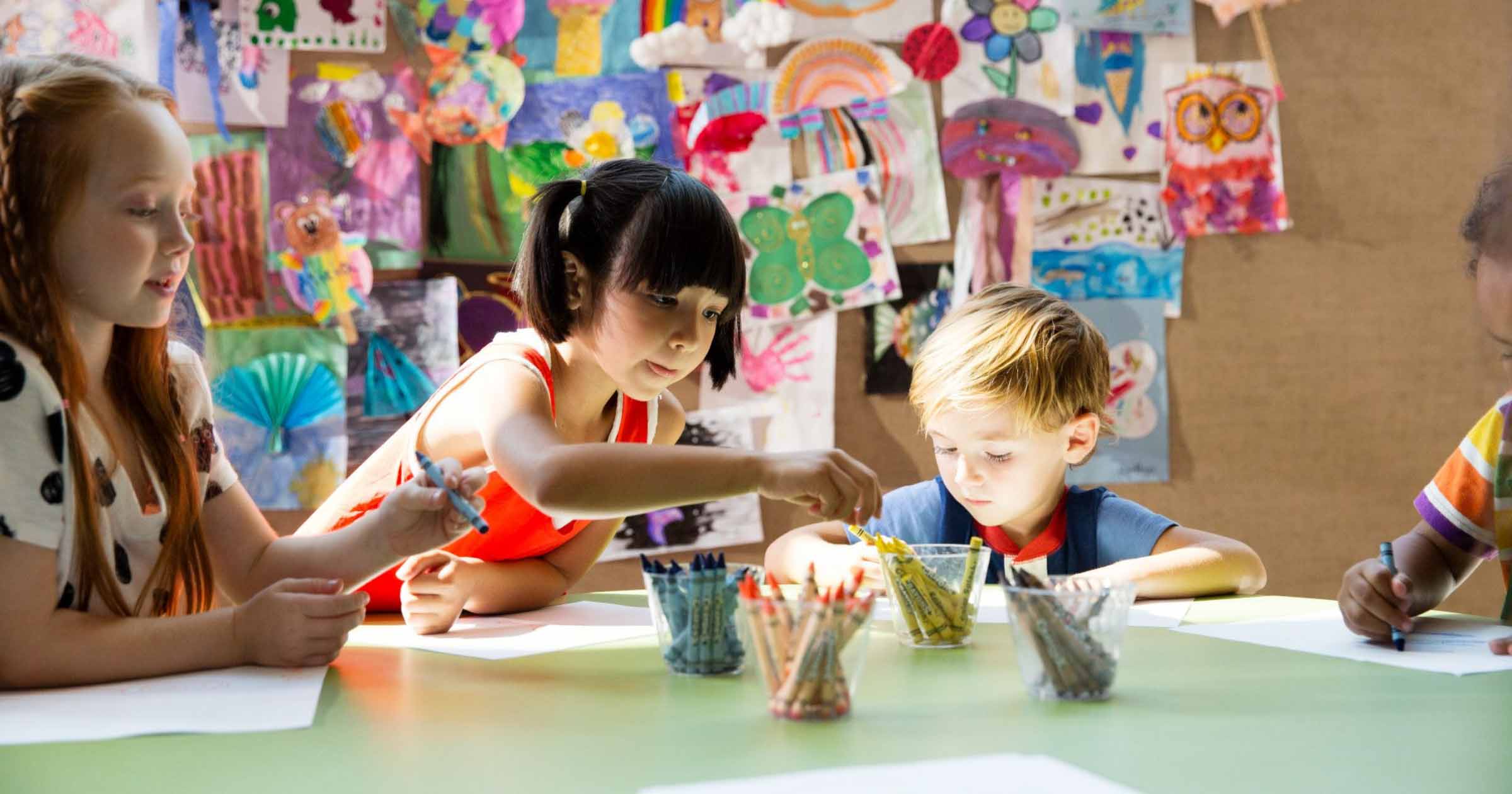As awareness of Autism Spectrum Disorder (ASD) continues to grow, so does the understanding of how to support children with autism in various settings, including daycare. Early childhood is a critical period for development, and daycares near me in Aurora can play a pivotal role in fostering social skills, communication, and emotional regulation. This blog post explores effective strategies for creating an inclusive environment that supports children with autism, ensuring they thrive alongside their peers.
Understanding Autism Spectrum Disorder (ASD)
Autism Spectrum Disorder is a complex neurodevelopmental condition characterized by a range of symptoms and behaviors. Each child with autism is unique, exhibiting varying degrees of challenges and strengths. Common characteristics include difficulties with social interaction, communication challenges, and sensory sensitivities. Recognizing these traits is essential for daycare providers to tailor their approaches effectively.
Key Characteristics of Autism
- Social Interaction Difficulties: Challenges in understanding social cues and engaging with peers.
- Communication Variability: Some children may be non-verbal, while others might have advanced language skills but struggle with pragmatic language.
- Sensory Sensitivities: Many children with autism experience heightened or diminished responses to sensory stimuli, which can affect their comfort in various environments.
Creating an Inclusive Environment
An inclusive daycare environment is crucial for supporting children with autism. Here are some strategies to foster acceptance and understanding among all children:
Nurturing Atmosphere
Encouraging empathy and kindness among children can create a supportive community. Activities that promote teamwork and collaboration help build relationships.
Diversity Embracement
Celebrate diversity through themed activities that highlight different cultures and abilities. This not only educates all children but also fosters acceptance.
Physical Environment Adjustments
Design sensory-friendly spaces within the daycares near me in Lakewood. Consider:
- Quiet Areas: Designate a calm space where children can retreat if they feel overwhelmed.
- Visual Supports: Use clear signage and visual schedules to help children understand daily routines.
Individualized Support Strategies
Every child with autism has unique needs. Implementing personalized support strategies can significantly enhance their daycare experience.
Personalized Approaches
Tailor activities to meet individual needs. For instance, if a child struggles with group activities, provide opportunities for one-on-one interactions first.
Use of Visual Supports
Visual aids like picture schedules can help children understand what to expect throughout the day, reducing anxiety around transitions.
Task Breakdown
Break down complex tasks into smaller, manageable steps. This approach can make activities less overwhelming and more achievable for children.
Sensory Sensitivities and Interventions
Understanding sensory processing issues is vital when supporting children with autism. Many may find certain sounds, lights, or textures overwhelming.
Sensory-Friendly Tools
Provide tools such as:
- Noise-Reducing Headphones: To help minimize auditory distractions.
- Fidget Toys: These can aid concentration and provide sensory input.
Calming Spaces
Create designated areas where children can relax and regroup if they become overstimulated. Equip these spaces with calming items like soft cushions or weighted blankets.
Behavior Management Strategies
Effective behavior management daycares in Fort Collins are key to fostering a positive environment for all children.
Promoting Positive Behavior
Reinforce desired behaviors through praise and rewards. Positive reinforcement encourages children to engage in appropriate behaviors consistently.
Social Skills Development
Facilitate structured play activities that promote social interaction. Games that require turn-taking or sharing can enhance social skills in a fun way.
Emotional Regulation Support
Teach children how to identify their emotions using simple language or visual aids. Activities like storytelling can help illustrate emotional scenarios.
Consistent Routines and Transitions
Children with autism often thrive on routine. Establishing consistent schedules helps reduce anxiety associated with transitions.
Importance of Predictability
Create a daily routine that remains consistent but allows for some flexibility. Use visual timers or countdowns to prepare children for upcoming changes.
Smooth Transition Strategies
Implement strategies such as:
- Advance Warnings: Notify children ahead of time when a transition is approaching.
- Visual Markers: Use signs or pictures to indicate changes in activity.
Collaboration with Families and Professionals
Collaboration between daycares near me in Denver providers, families, and professionals is essential for holistic support.
Engaging Parents
Maintain open lines of communication with parents. Regular meetings or communication books can facilitate sharing insights about the child’s progress and needs.
Involvement of Multidisciplinary Teams
Incorporate insights from therapists (occupational, speech, etc.) who work with the child. Their expertise can guide daycare staff in implementing effective strategies.
Training for Educators and Caregivers
Ongoing training is vital for staff working with children on the autism spectrum.
Specific Training Topics
Consider training sessions on:
- Behavior Management Techniques: Understanding how to respond effectively to challenging behaviors.
- Communication Strategies: Learning how to use alternative communication methods like PECS (Picture Exchange Communication System).
Utilizing Support Programs
Many organizations offer resources that can assist daycares near me in Colorado Springs providers in supporting children with autism effectively.
Overview of Support Programs
Explore government-funded programs such as the Inclusion Support Program that provide resources and funding for inclusive practices in early childhood settings.
Encouraging Communication and Social Interaction
Enhancing communication skills is crucial for helping children connect with their peers.
Techniques to Enhance Language Skills
Utilize engaging activities that promote language development:
- Turn-Taking Games: Encourage verbal interaction during play.
- Imitation Exercises: Use fun activities where children mimic actions or sounds to build communication skills.
Conclusion
Supporting children with autism in daycare requires a thoughtful approach that emphasizes inclusivity, individualized strategies, and collaboration. By implementing these practices, daycare providers can create an enriching environment where all children thrive together. As we continue to learn about autism and its impact on development, our commitment to fostering acceptance and understanding will pave the way for brighter futures for every child in our care.

